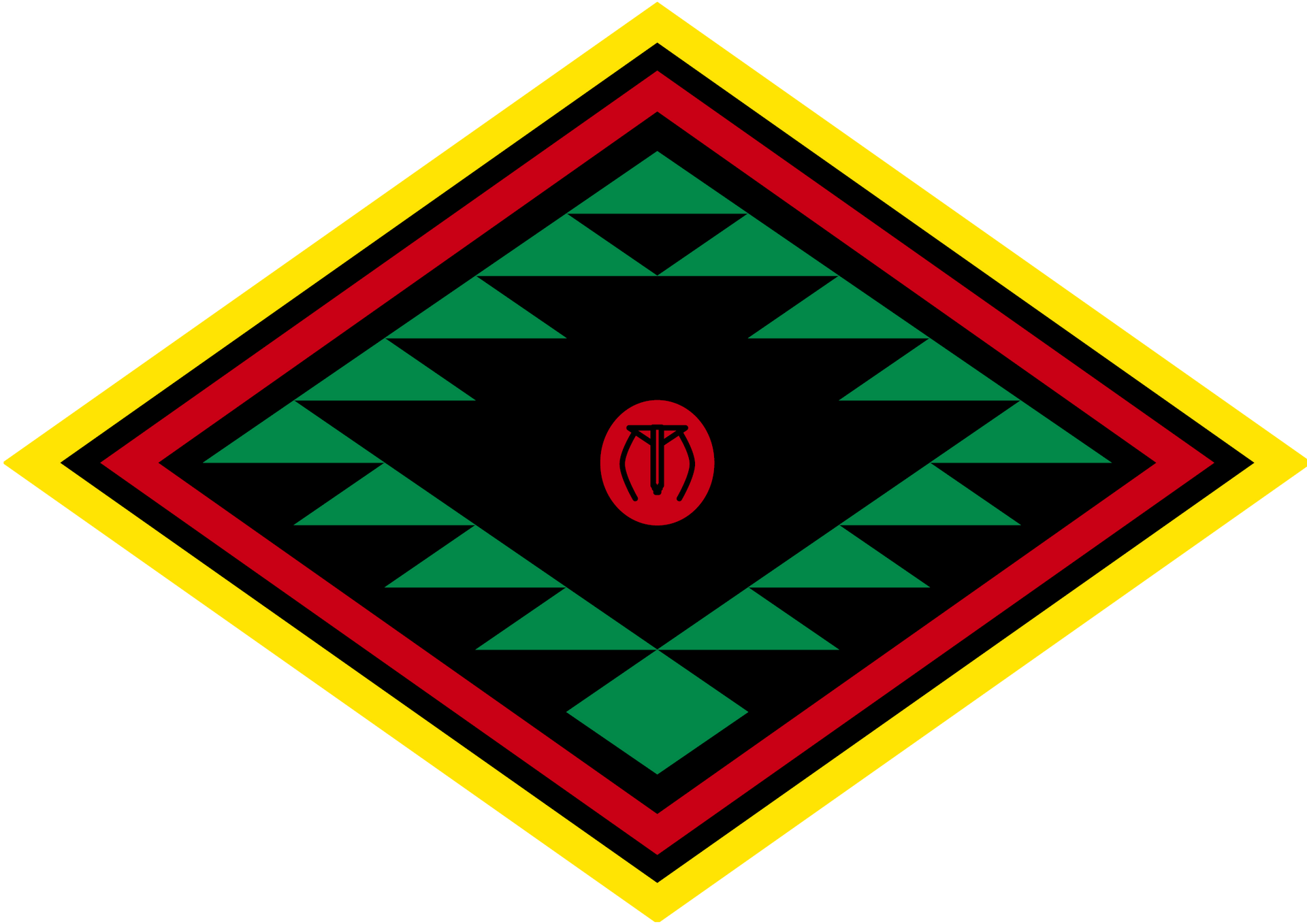NGĀ PĀTAI

Frequently Asked Questions
-
What is a Mandate?
A ‘mandate’ refers to a claimant group (Ngāti Hine) seeking approval and support from its people to represent them in negotiations with the Crown. The proposed mandate or mandate strategy outlines the processes and methods the group will follow, while the Deed of Mandate is the formal document confirming the group's support.
Once the claimant group has support, they will then need the mandate recognised by the Crown. Ngāti Hine has chosen to seek a mandate to progress claims against the Crown and seek redress and restitution.
A mandate is related to a Deed of Mandate. The Minister for Treaty of Waitangi Negotiations and the Minister of Māori Development jointly decide whether the Crown should recognise a Deed of Mandate from a claimant group.
(For more info see - The Red Book — ‘Ka tika ā muri, ka tika ā mua — Healing the past, building a future’ — is a guide to Treaty of Waitangi claims and negotiations with the Crown. https://www.govt.nz/browse/history-culture-and-heritage/treaty-settlements/the-red-book/introduction-to-the-red-book/ )
Ngāti Hine decided to seek its own mandate with the Crown as its own claimant group (this decision was made after years of ongoing kōrero including wānanga and hui held at several Ngāti Hine marae between 2017 to 2019).
Specifically:
Ngāti Hine seeks its own mandate to negotiate redress specific to ngā hapū o Ngāti Hine.
Ngāti Hine and its hapū will maintain ongoing connections with neighbouring hapū and wider Ngāpuhi nui tonu for our shared interests and other negotiations.
-
What happens once you get a mandate?
Once a mandate is recognised by the Crown, Ngāti Hine can then prepare for the negotiation process to address Ngāti Hine’s claims against the Crown for alleged breaches of Te Tiriti o Waitangi.
-
What is the difference between redress and a Treaty settlement?
The Crown currently seeks to negotiate Treaty settlements which are ‘full and final’ - that means at the time of settlement the Crown is no longer liable for any historic breaches of Te Tiriti o Waitangi claims pre 1992. However Ngāti Hine seeks to negotiate specific redress that is not a full and final settlement. Instead Ngāti Hine will seek restitution and ongoing redress. Some may still call this process a ‘settlement’.
-
Tiriti/Treaty negotiations
For Crown Tiriti/Treaty Negotiations; through a series of hui and wānanga held between 2017 to 2019, Ngā hapū o Ngāti Hine agreed and concluded to seek our own mandate with the Crown, to negotiate redress specific to Ngā hapū o Ngāti Hine.
Te Ara Tika will continue to engage with our people of Ngāti Hine, to seek support and tautoko for the on-going work required to secure a Ngāti Hine mandate.
-
What else do I need to know?
Ngāti Hine maintain we did not cede our sovereignty. Rangatiratanga remains with Ngāti Hine.
The Waitangi Tribunal Reports from 2014 and 2022 affirm Ngāti Hine’s position as rangatira and kaitiaki. A cessation of sovereignty is not negotiable for Ngāti Hine in any of the negotiations
-
For more information about specific Waitangi Tribunal reports see also
He Whakaputanga me te Tiriti The Declaration and the Treaty. The Report on Stage 1 of the Te Paparahi o Te Raki Inquiry (Waitangi Tribunal, 2014)
Tino Rangatiratanga me te Kāwanatanga: The Report Part 1 on Stage 2 of the Te Paparahi o Te Raki Inquiry – the second volume of the Te Paparahi o Te Raki (Northland) district inquiry report (Wai 1040). (Waitangi Tribunal, 2022) https://www.waitangitribunal.govt.nz/news/tribunal-releases-report-on-te-paparahi-o-te-raki-inquiry/
-
How long will this mandate, negotiation, redress process take?
It depends but it could go this way:
1. Pre-negotiations: Ngāti Hine as a claimant group is formed. Te Ara Tika will seek to formalise a mandate in 2023. The Crown then recognises Ngāti Hine as a mandated group.
2. Negotiations: Representatives of the Crown and the ‘Ngāti Hine Mandated Group’ will begin to negotiate a redress package- this could include for example: financial redress, historical changes to place names, assets, return of lands, management of awa/maunga and other redress which would be defined in the negotiation process.
3. Legislation: If agreed by all, the ‘settlement’ or in the case of Ngāti Hine - redress will become law in an act of Parliament.
4. Implementation: Both parties work together to make the agreements happen.
-
Now what?
Ngāti Hine will move forward in seeking a mandate to negotiate redress according to our own tikanga and how our people, hapū, claimants and marae wish to negotiate where possible. We must move in unison - Te Ara Kopuni.
-
What about shared interests with our neighbouring Hapu?
There are common areas and issues that we share with our local Hapu and with wider Nga Hapu o Ngapuhi. As per our position statement we will maintain ongoing connections with our neighbours. This will be a key part of our Ngāti Hine Mandate Strategy.
-
What’s in it for me?
Te Tiriti o Waitangi negotiations are not our “silver bullet” however the negotiated redress package can provide further building blocks to rectify the losses our whanau, hapu, marae, claimants have suffered since the signing of Te Tiriti o Waitangi. We invite Nga Uri o Hineamaru to join us in the mahi moving forward.
-
How can I help?
Kōrero with your whānau about your tatai hononga with Ngāti Hine. Connect by registering
Attend our roadshows and follow us on facebook
https://www.facebook.com/NH.Hineamaru/
